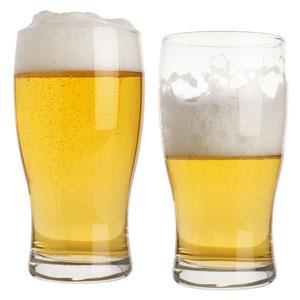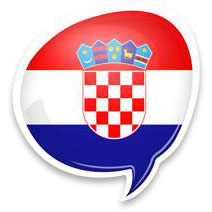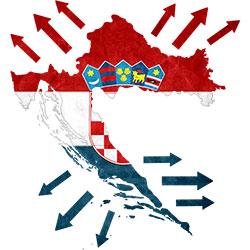To start with, let's think about the simple questions how much and how many in Croatian ...
How much?
Koliko
+genitive singular (with uncountable nouns)
Koliko šećera stavljaš u taj kolač? – How much sugar do you put in that cake?
šećer – sugar
Koliko vremena je potrebno za ovo? – How much time does this take?
vrijeme – time
Koliko soli stavljaš u juhu?
sol – salt
How many?
Koliko
+genitive plural (with countable nouns)
Koliko jabuka je na stolu? - How many apples are there on the table?
jabuka – apple
Koliko učenika je napisalo domaću zadaću? – How many students wrote their homework?
učenik – student
Koliko Hrvata živi izvan Hrvatske? – How many Croatians live outside of Croatia?
Hrvat – Croat
Expressing quantity
Generally speaking, almost all words used to express quantity in Croatian require the genitive case. The same rule applies: the genitive singular is used with uncountable and the genitive plural is used with countable nouns.
Here are some of the most common examples:
puno
– a lot of / lots of
Imam puno prijatelja. – I have lots of friends.
Volim puno šećera u kavi. – I like a lot of sugar in my coffee.
malo
– a little (bit of), some
Imam malo novca. – I have a little bit of money.
Imam malo slobodnog vremena. – I have a little bit of free time.
Trebam više vremena. – I need more time.
Više mlijeka, molim. – More milk, please.
Moraš gledati manje televizije. – You have to watch less TV.
Manje šećera, molim. – Less sugar, please.
previše
– too much, too many
To je previše kolača! – That's too much cake!
Pušiš previše cigareta. – You smoke too many cigarettes
premalo
– too little, too few
Pijem premalo vode. – I drink too little water.
Poznajem premalo ljudi. – I know too few people.
bez
– without
Spavam bez jastuka. – I sleep without a pillow.
Volim kavu bez mlijeka. – I like coffee without milk.
Measures and amounts
It comes as no surprise that words such as čaša (glass), kilogram (kilogram) or litra (litre) are also paired with the genitive when used in expressions denoting measurement.
čaša (+gen) – a glass of
šalica (+gen) – a cup of
bačva (+gen) – a barrel of
kutija (+gen) – a box of
komad (+gen) – a piece/slice of
žlica (+gen) – a spoon of
žličica (+gen) (čajna žlica) – a teaspoon of
gram (+gen) – a gram of
litra (+gen) – a litre of
decilitar (+gen) – a decilitre of
A common mistake: Nema and Ima
Although it might not be immediately intuitive, the expressions nema (there's no) and ima (there is / is there) are also paired with the genitive:
Nema šećera – There’s no sugar (genitive singular)
Nema jabuka – There are no apples (genitive plural)
Ima li šećera? – Is there any sugar?
Ima li jabuka? – Are there any apples?
Test yourself with the grammar trainer!
Pijem kavu bez . (mlijeko)
0 questions answered
0 correct answers
0 incorrect answers
15 words remaining






